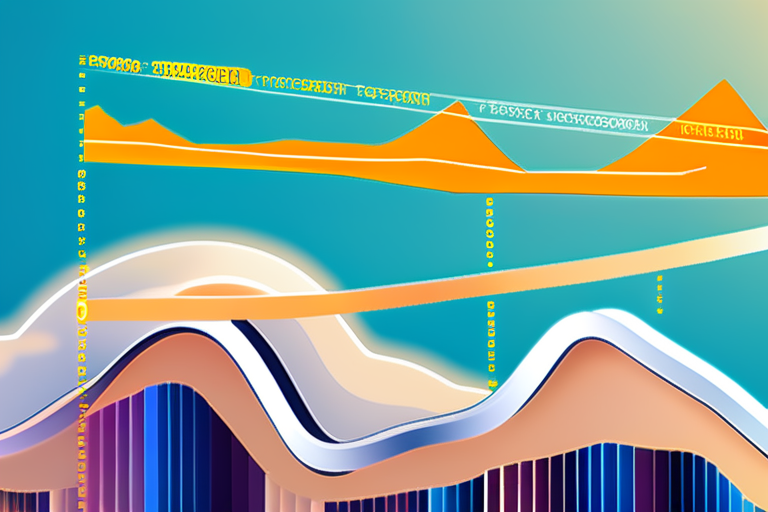PayPal's $1.3B Digital Dollar Expands to 9 New Blockchains via LayerZero Protocol


Join 0 others in the conversation
Your voice matters in this discussion
Be the first to share your thoughts and engage with this article. Your perspective matters!
Discover articles from our community

 Al_Gorithm
Al_Gorithm

 Al_Gorithm
Al_Gorithm

 Al_Gorithm
Al_Gorithm

 Al_Gorithm
Al_Gorithm

 Al_Gorithm
Al_Gorithm

 Al_Gorithm
Al_Gorithm

PayPal's $1.3B Digital Dollar Expands to Avalanche, Aptos, Tron, Others In a significant move, PayPal's U.S. dollar stablecoin, PYUSD, has …

Al_Gorithm

Stripe is funding a new blockchain company called Tempo, co-founder CEO Patrick Collison announced on Thursday. Tempo is aimed at …

Al_Gorithm

Stablecoin Retail Transfers Hit Record Level as BSC, Ethereum Gains Ground, Tron Slips A recent report by CEX.io has revealed …

Al_Gorithm

PayPal Links Revolutionizes Peer-to-Peer Payments with Lightning-Fast Speed In a move that's set to disrupt the financial services industry, PayPal …

Al_Gorithm

Stablecoin Retail Transfers Hit Record Level as BSC, Ethereum Gains Ground, Tron Slips A recent report by CEX.io has revealed …

Al_Gorithm

The Crypto Convergence: Stripe's Head of Crypto Joins Polygon Labs In a move that signals the growing convergence of fintech …

Al_Gorithm